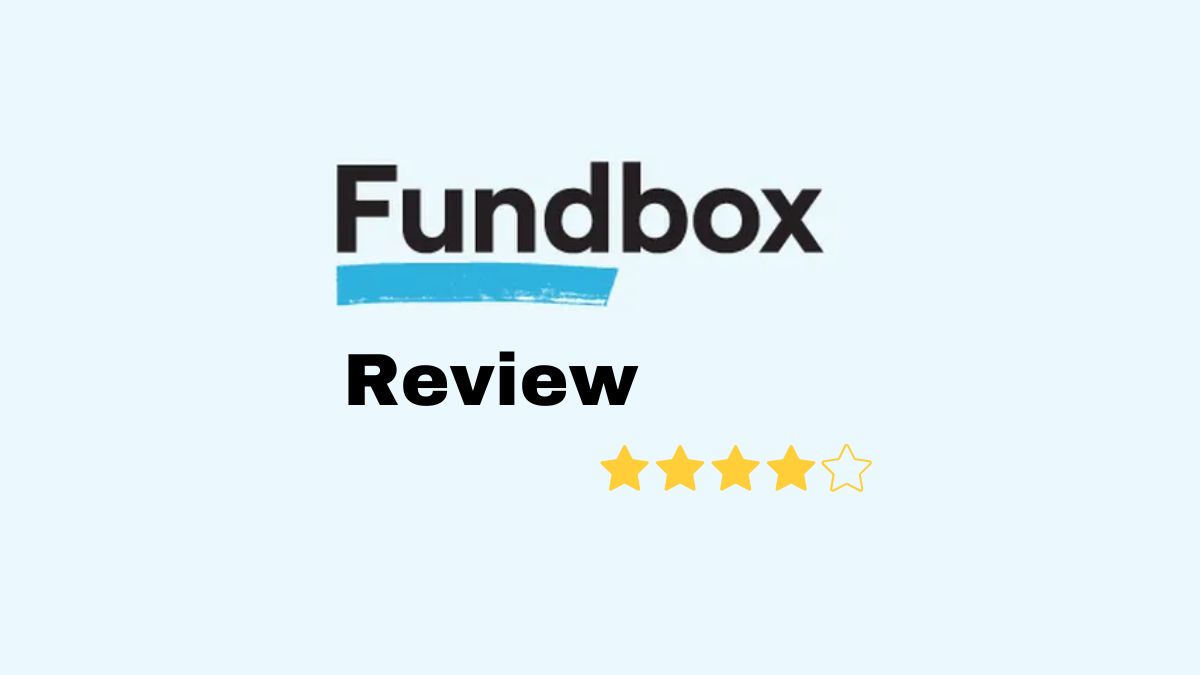Starting and growing a small business requires capital, and choosing the right financing method can significantly impact the company’s success. Business owners often choose between equity financing and debt financing for funding. Each comes with unique advantages, challenges, and long-term impacts on your business. With my experience in business spanning 50 years, I’ll break down the essential aspects of each type of financing so you can make an informed decision.
Table of Contents
Introduction to Equity and Debt Financing
Before diving into specifics, let’s clarify the essence of these two options.
- Equity Financing involves selling a stake in your business to investors in exchange for capital. These investors become part owners, sharing in the business’s profits and decision-making.
- Debt Financing means borrowing money, often from a bank or lender, which must be repaid over time with interest. The lender does not gain ownership, but you are obligated to pay back the borrowed amount with interest.
Each financing type has its own impact on your control over the business, financial obligations, and growth potential.
15+ Variable Expenses Examples for Business: Proper Management Method for small business
Key Differences Between Equity and Debt Financing
| Feature | Equity Financing | Debt Financing |
|---|---|---|
| Ownership | Investors gain a share of ownership. | No ownership is given to lenders. |
| Repayment | No repayment; investors earn returns. | Requires repayment with interest. |
| Risk | Investors share in business risks. | Higher risk for owners if revenue dips. |
| Control | Shared control with investors. | Retained control with business owners. |
| Cost of Capital | Often no direct financial cost, but reduces future profits. | Interest payments can be significant. |
| Application Process | Typically involves negotiations, pitch decks, and due diligence. | Often involves credit checks, collateral, and fixed terms. |
Top 20 Things to Consider Before Applying for Business Funding
Pros and Cons of Equity Financing
Equity financing can be appealing, especially for startups, because it brings capital without the pressure of immediate repayment. However, it comes with potential downsides too.
Pros of Equity Financing
- No Repayment Obligation: You are not obligated to repay investors, allowing more flexibility with cash flow.
- Access to Expertise: Investors often bring valuable skills, industry knowledge, and networks that can accelerate growth.
- Shared Risk: Since investors take on a portion of the risk, equity financing can be less risky for cash-strapped businesses.
- Improved Cash Flow: Without debt payments, cash can be reinvested in the business, promoting growth.
Cons of Equity Financing
- Loss of Control: Investors gain decision-making power, which may influence the direction of your business.
- Profit Sharing: Equity investors will claim a portion of the profits, reducing what you retain for reinvestment or personal gain.
- Dilution of Ownership: The more equity you sell, the less ownership you hold, which can impact long-term control.
- Time-Intensive Process: Securing equity financing can be a long process involving investor pitches, legal work, and complex agreements.
Why Credit Facilities Are Essential for Small Businesses In 2024-25
Pros and Cons of Debt Financing
Debt financing, on the other hand, allows you to retain control of your business, but it requires a commitment to regular payments.
Pros of Debt Financing
- Retain Full Ownership: Debt financing does not require you to give up any ownership, so all future profits are yours.
- Tax Benefits: Interest payments on business loans are often tax-deductible, reducing your taxable income.
- Fixed Obligations: Loan agreements typically have fixed payment terms, providing predictability in financial planning.
- Potential to Improve Credit Rating: Successfully repaying debt can help build your business credit score, potentially lowering interest rates for future borrowing.
Cons of Debt Financing
- Repayment Obligations: Debt must be repaid with interest, regardless of your business’s profitability, which can strain cash flow.
- Collateral Requirements: Many lenders require collateral, which may put business or personal assets at risk if you default.
- Higher Risk in Downturns: In challenging times, servicing debt can be particularly stressful and even lead to bankruptcy if revenue dips.
- Interest Costs: The cost of borrowing can be high, especially for newer businesses with less established credit.
When to Choose Equity vs. Debt Financing
The choice between equity and debt depends on several factors: the stage of your business, your growth goals, cash flow needs, and risk tolerance.
When Equity Financing is Suitable
- Early-Stage Startups: If you are just starting and need significant funding without revenue streams, equity financing can fuel growth without immediate repayment pressure.
- Growth-Driven Ventures: Businesses with aggressive growth strategies may benefit from equity financing, as it allows reinvestment of profits rather than servicing debt.
- Access to Expertise: If you need strategic guidance, an equity investor can provide mentorship and connections.
When Debt Financing is Suitable
- Established Businesses with Cash Flow: If you have predictable cash flow and can manage regular payments, debt financing allows you to retain ownership while securing funds.
- Short-Term Financing Needs: Debt is ideal for meeting short-term capital needs, such as inventory purchases or temporary cash flow gaps.
- Projects with Predictable Returns: When you know the exact cost and potential return of an investment, debt can be a low-risk option to fund these projects.
Frequently Asked Questions
Q: Is it possible to use both equity and debt financing?
Yes, this is called a hybrid financing model and is quite common. By balancing both, you can gain the flexibility and ownership benefits of debt with the risk-sharing of equity.
Q: Which financing type is better for startups?
Startups often favor equity financing as they are usually in the growth phase and may not have steady revenue streams to support debt repayments.
Q: Can equity financing be reversed?
Not directly. Once you sell equity, the ownership transfer is typically permanent unless you buy back shares, which can be complex and expensive.
Q: What are convertible notes?
Convertible notes are a type of financing that starts as debt but can be converted to equity at a later date, often used in early-stage investments.
Conclusion
Both equity and debt financing have unique advantages and disadvantages. For small businesses, the choice depends on financial goals, growth strategies, risk tolerance, and industry conditions. Equity financing offers freedom from immediate debt but requires sharing ownership and control. Debt financing keeps your ownership intact but demands disciplined financial management to ensure timely repayment.
Key Takeaway: Evaluate both options carefully, align them with your business’s vision and financial health, and choose a path that supports sustainable growth. Remember, financing decisions shape not only your financial landscape but also your business’s legacy for years to come.






